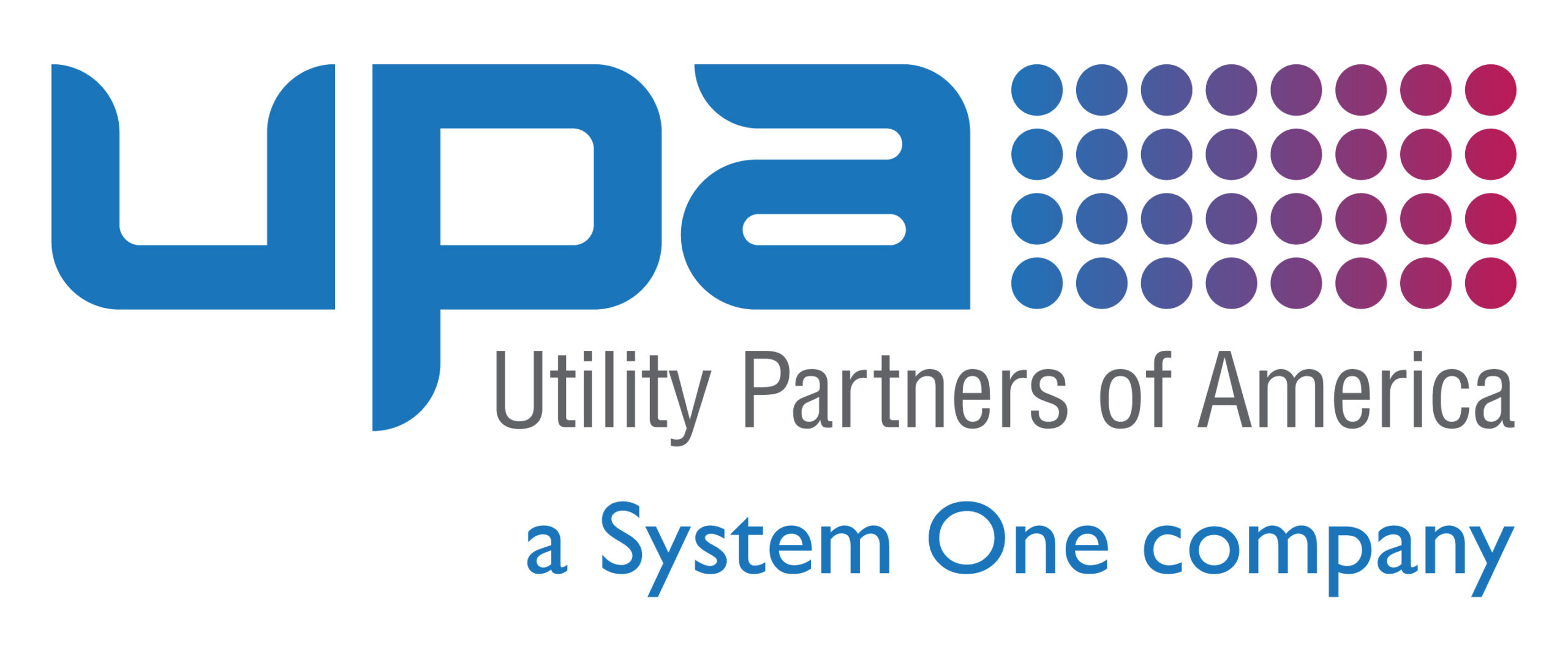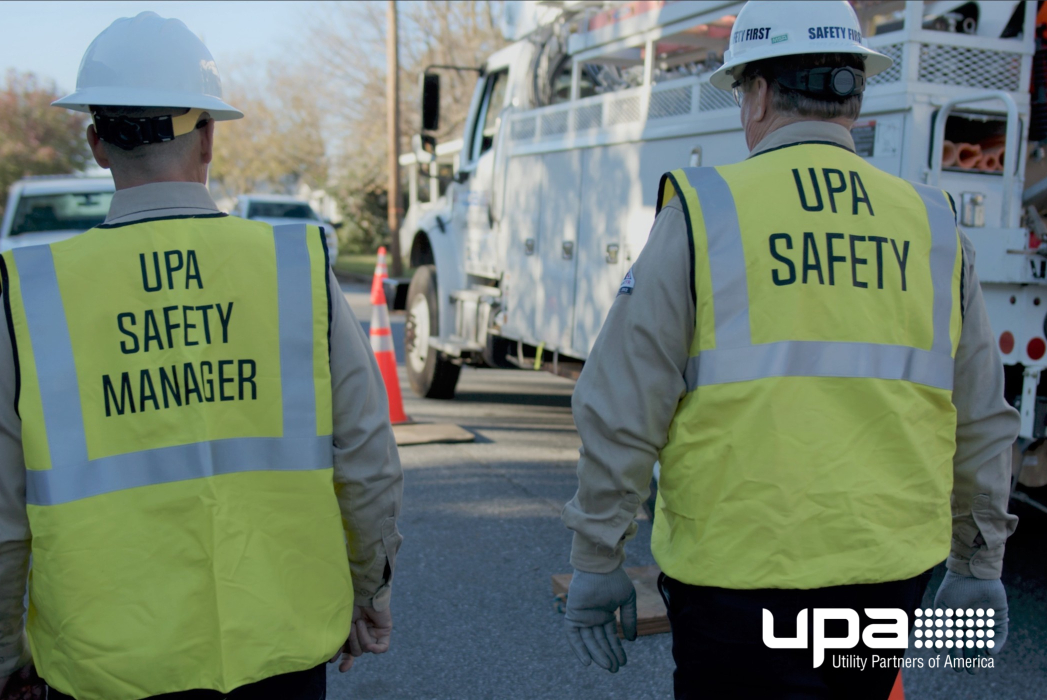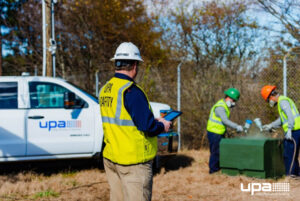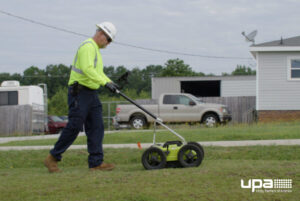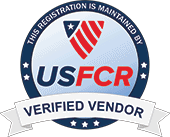The inherent dangers of working in industries like utilities and construction aren’t exactly fun topics of conversation—however, they are essential to discuss. Employees and contractors in these fields are often tasked with working at heights that would make the average person uncomfortable, using heavy machinery and harnessing the power of industrial-strength chemicals. But no matter their role or that day’s tasks, the reality is the safest workers on every jobsite are those who routinely receive in-depth safety training.
To help underscore the importance of this practice, we’ve put together a list of some of the top benefits (beyond just remaining safe from jobsite hazards) workers and utilities receive when safety training becomes an organizational priority.
It creates an opportunity for knowledge sharing
For many of these workers, it can feel like each day brings its own unique challenges and circumstances—but that doesn’t mean a co-worker hasn’t faced those same experiences. When completed in a group setting and as part of a comprehensive workplace safety program, these sessions give workers an opportunity to share tidbits about the threats they encountered in the past. There’s often a close kinship and bond between utilities and trades workers, and hearing firsthand advice or knowledge from someone who has been there and done that can be incredibly insightful.
It boosts productivity
There’s a misconception in some jobsite circles that safety training and the recommended precautions will slow workers down and cause delays. But what we’ve found is that the exact opposite can happen, with safety training actually boosting productivity. With regular safety training comes fewer accidents and hiccups that halt progress. A workplace safety program can also instill confidence, leading to workers moving at quicker speeds and without second guessing or hesitation.
It saves the company money
While safety is always paramount, the financial factor of neglecting to implement a workplace safety program is one that we must address. In fact, there is a litany of ways jobsite accidents and injuries impact the company’s bottom line. Direct costs like workers’ compensation payments and medical expenses amount to billions per year for American employers. And while those are obvious costs associated with adverse workplace events, what many employers don’t consider is the toll taken through indirect expenditures. This can include everything from lost time and productivity to repairing or replacing equipment broken in the accident.
It helps to ensure regulatory compliance
If you’re reading this, you’re certainly aware of the stringent regulations that utilities and construction companies must abide by or risk racking up fines and other punishments. Fortunately, workplace safety training can play an instrumental role in ensuring your company (and its workers) are playing by all the rules. To be clear, even the most thorough workplace safety program won’t eliminate all accidents or injuries. That’s just not feasible. But what it can do is lower the risk and give workers an understanding of what types of documentation must be accessed and completed if an accident does occur—an important part of remaining within regulatory and organizational compliance.
It transfers from work life to personal life
There’s no doubt that safety training can make someone a more prepared and protected worker, but these lessons provided on the jobsite can empower someone to become a better person as well. For instance, an employee taught to perform CPR on a jobsite could find themselves in a situation where someone in their personal life needs those lifesaving measures. Another example comes in the form of an employee who learns how to use a fire extinguisher, training that can be called upon if a home near the jobsite sparks a small fire.
If those examples sound very specific, that’s because they are. We’re proud to share that in both of those cases, a Utility Partner of America (UPA) employee relied on the training received through a workplace safety session to potentially save a life.
Interested in hearing more about the types of training programs we hold for employees? Contact us by filling out this form or calling (888) 667-1411.
